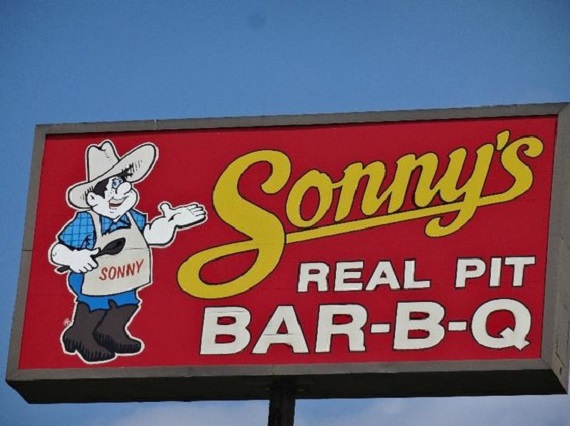
This article originally appeared on www.TheAmericanConservative.com. Copyright 2019
From the colonial era well into the 20th century, large public barbecues were an institution across the South, from the Chesapeake eventually to Texas. Although these occasions could be linked to campaigns or celebrations of one kind or another, they could also be just an excuse for people to get together, to eat and perhaps to drink, dance, and gamble, as well. (George Washington won eight shillings playing cards at an Alexandria barbecue in 1769.) Often whole communities turned out.
When New Bern, North Carolina, held a barbecue to celebrate the Treaty of Paris, a Spanish visitor marveled that “there was a barbecue (a roast pig) and a barrel of rum, from which the leading officials and citizens of the region promiscuously ate and drank with the meanest and lowest kind of people, holding hands and drinking from the same cup.” He added, “It is impossible to imagine, without seeing it, a more purely democratic gathering.” A white Alabamian claimed in the 1820s that at barbecues sometimes even “slavery forgot its chain” and “the tawny sons of Africa danced, sung, and balloeed [sic].” (He denounced these scenes of “unbounded license” and called for their abolition, but nobody paid attention.)
More @ The Abbeville Institute

Yea but, Sonny's is Florida BBQ, the last place I would ever eat except for a McDonalds. Give me a BBQ place with a hand painted sign and crowded parking lot.
ReplyDeleteGive me a BBQ place with a hand painted sign and crowded parking lot.
DeleteYou got it.